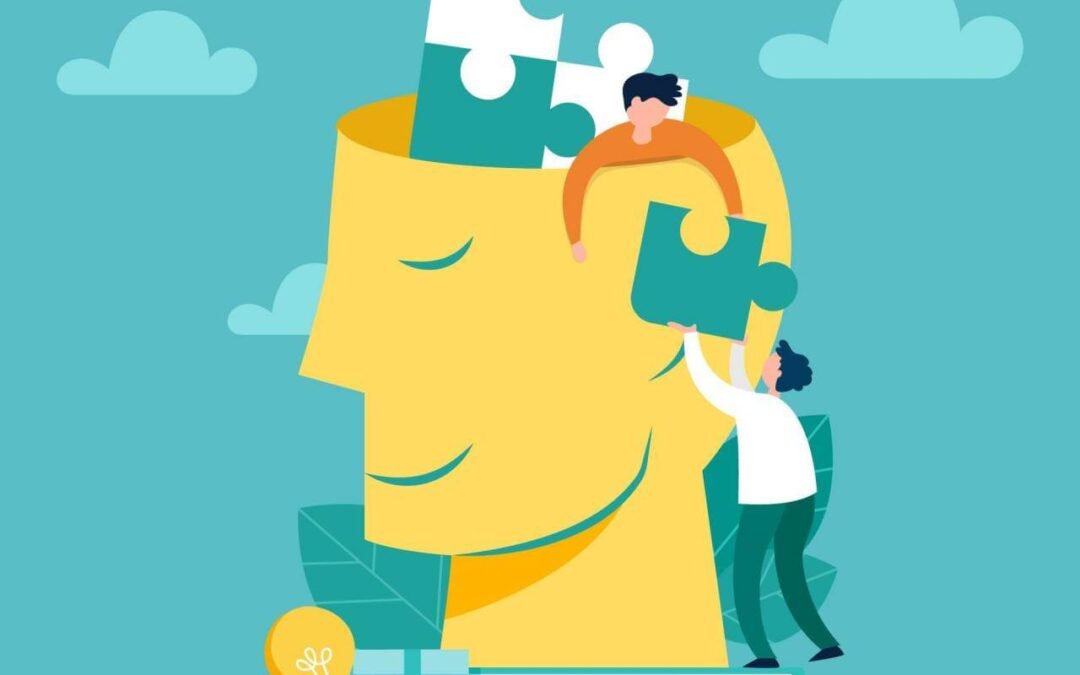Why talk about mental triggers in tourism?
A good communication strategy using mental triggers in tourism is essential to increase conversion and sales in your company.
People need to be convinced to buy, and for that a structured sales message makes all the difference.
To make that message truly effective, you need to understand and structure your communication with the right triggers at the right moments. That’s what helps your business become more persuasive and more profitable.
If you want to learn more about mental triggers in tourism and how to use them to increase your sales, keep reading.
What are Mental Triggers?
In short, mental triggers are stimuli our brain perceives that generate emotions and feelings before we even think rationally.
It might sound strange, but it’s true. And no, they’re not new. These triggers have been used by advertisers, agents, and copywriters for decades.
Think about it:
-
You check online reviews before booking.
-
You see a “limited offer” and feel you can’t miss it.
-
Someone does you a favor and you feel like returning it.
That’s how triggers work. They’re deeply rooted in our minds and have great power to influence and persuade.
Why use Mental Triggers in tourism communication?
Higher conversion:
They impact travelers at a deeper mental level, showing them why they need your service and why they should act fast.
Smarter communication:
Sales become a natural result of well-structured triggers across the whole traveler journey.
More demand:
They create emotional involvement, which increases loyalty and brand strength.

Main Mental Triggers in Tourism
(with examples and AI prompts)

Scarcity
Scarcity is about limited availability.
Tourism Example: a guesthouse shows “only 3 rooms left for the holiday.” People feel compelled to act fast.
How to use:
-
Show when your hotel is nearly full.
-
Announce when a travel package is close to selling out.
-
Warn that rates will rise soon.
-
Offer bonuses for early buyers.
AI Prompt Example:
“Write a WhatsApp message for my boutique hotel using the scarcity trigger. Mention that only 2 rooms are left for Carnival, add urgency, but keep the tone warm and friendly.”
Urgency
Urgency is often confused with scarcity, but here the key element is time. A countdown makes travelers want to act before it’s too late.
How to use:
-
Run promotions with a clear deadline.
-
Use landing pages with countdown timers.
-
Offer “48-hour flash sales.”
AI Prompt Example:
“Draft an email for my travel agency announcing a 48-hour flash sale on a Europe tour. Use urgency with a countdown feel and encourage quick booking.”

Reciprocity
When you give first, people feel inclined to give back.
How to use:
-
Offer free travel checklists, guides, or bonuses.
-
Share valuable content before promoting an upsell.
-
Deliver kindness in service.
AI Prompt Example:
“Generate a free travel checklist (5 must-do tips for family trips) that my agency can send before offering our premium travel insurance. The goal is educate them for the importance of the product.”

Social Proof
We trust what others have already chosen.
Reviews, testimonials, and guest photos build confidence instantly.
How to use:
-
Add a testimonials page to your website.
-
Share photos of happy guests using your services.
-
Encourage reviews on TripAdvisor, Google, Facebook.
AI Prompt Example:
“Create a landing page section for my safari tour using social proof. Add a guest testimonial, TripAdvisor badge, and headline showing guest satisfaction.”
Exclusivity
People love to feel special.
How to use:
-
Highlight premium or VIP packages.
-
Reward loyal clients with exclusive perks.
-
Run small-group tours.
AI Prompt Example:
“Write an Instagram caption for my DMC promoting an exclusive small-group wine tour. Highlight limited seats, VIP treatment, and exclusivity.”

Authority
We naturally respect people and companies that show expertise. Travelers feel safer booking with recognized specialists.
How to use:
-
Present certifications and awards.
-
Share expertise on LinkedIn or blogs.
-
Highlight staff qualifications.
AI Prompt Example:
“Draft a LinkedIn post for my destination management company showing authority. Mention certifications, market leadership, and trusted partnerships in a confident but approachable way.”

How to use Mental Triggers in tourism in practice?
Create testimonials areas on your website and social networks. Encourage positive guest stories.
Publish content consistently to build authority and trust.
Leverage social media for offers, testimonials, and trigger-based posts.
Use urgency and scarcity honestly. Show real limited availability or timed offers.

Conclusion
There are many mental triggers and persuasion techniques you can use in tourism. This guide is just the beginning.
The real advantage is combining these timeless triggers with AI-powered tools. With prompts like the ones above, you can generate ready-made WhatsApp replies, email campaigns, and Instagram captions that embed persuasion naturally.
Stay ethical, stay human, and use technology to scale what already works.

Thiago Cruz
Tourism Professional | Digital Strategist | AI Specialist
With 20+ years in the tourism industry and specialized education in AI, digital marketing and business strategy, this project is my way of bridge the gap between technology and the travel trade with practical, real-world solutions.
You might like:
Técnicas de Fechamento de Vendas para Agências e Operadoras de Turismo
Supercharge your sales with effective closing techniques for travel agencies and operatorsClosing techniques for travel agencies and tour operators are crucial to boost your profitability. After all, it is the responsibility of every company to guide the customer in...
Copywriting no Turismo: Estratégias de Persuasão para Vender Viagens
Copywriting no Turismo: Aprenda a promover viagens através de palavras que vendem!Atualmente muito tem se falado no Copywriting, principalmente por conta da expansão do Marketing Digital. Essas técnicas podem ser implementadas em qualquer tipo de negócio digital e...
21 Estratégias de Vendas no Turismo para Faturar de Curto a Longo Prazo
Estratégias de venda no turismo, das mais básicas e simples de implementar, até as mais elaboradas para turbinar os resultados.O objetivo desse post é sugerir estratégias de vendas no turismo que podem ser facilmente aplicadas no dia a dia sem grandes investimentos,...





